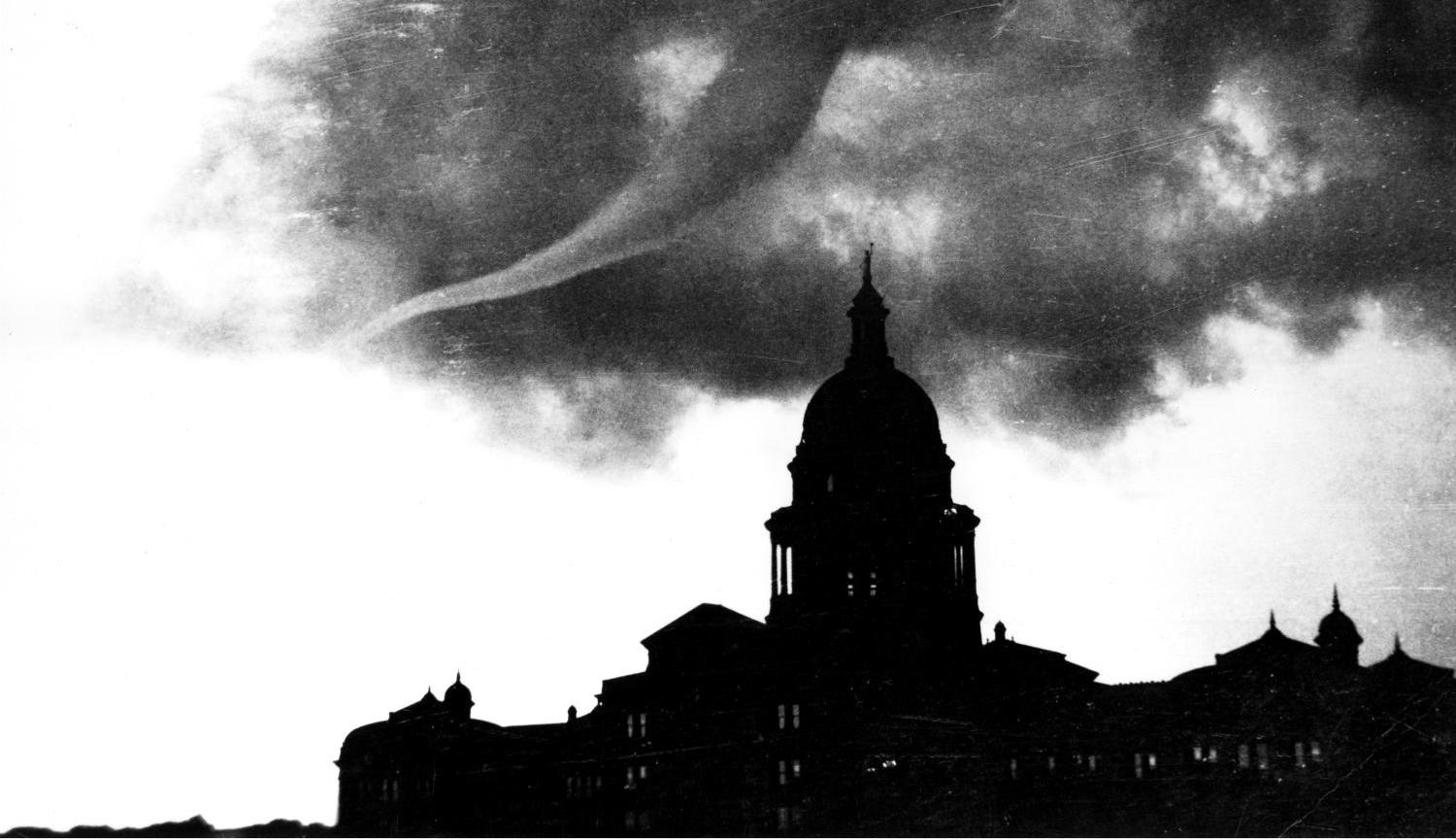ustxtxb_obs_1981_08_14_50_00004-00000_000.pdf
Page 23
Women, said Miller, “must be helped to organize their way out of the female, mostly non-union job ghettos they now work in.” This, she said, will take political action. Sutton pledged Texas NAACP political support and said he could offer, through national NAACP President Benjamin Hooks, the ,same sort of help nationwide. Bentsen No-Show Of two invited national Democratic office holders from Texas, one showed: Cong. Jim Wright, the House Majority Leader, addressed the convention’s closing banquet. U.S. Senator Lloyd Bentsen was a no-show. Bentsen wrote Hubbard that his presence as “second-ranking Democrat” was needed in a congressional conference committee deliberation on the Reagan budget bill. Earlier Bentsen had voted with the Reagan Administration on the money bill. Hubbard was asked at a press conference, held before it was known that Bentsen would not appear, if he would ask for an explanation of that vote. He said he would not be so inhospitable as to do so openly before the convention delegates assembled. However, he said, “I’m certain the senator will be asked that question many times before next year’s elections.” Much of what Wright had to say is, as of this reading, dated or moot, given the July 29 approval by both national House and Senate of the Reagan tax-cutting legislation. Following the lead of House Speaker Tip O’Neill, Wright predicted defeat of the Reagan bill by a narrow margin. Wright shared a head table with former U.S.. Senator Ralph Yarborough, \(who, though he did not speak, won loud tox and Martin Frost, Dallas Democrats. Ever the mellifluous, extemporaneous after-dinner orator-entertainer, Wright drew cheers with his definition of “trickle-down” economic theories which date, he said, along with “supply-side economics, from the administration of Calvin Coolidge. “Trickle-down,” said Wright, “means you get a lot of money into the hands of David Rockefeller. And after a while [long pause] some of it’s gonna trickle down to [longer pause] Laurence Rockefeller.” Reagan, said Wright, “can almost make you believe that it’s better to give tax cuts to people who make more than $50,000 a year. . . . He’ll almost have you believe that us other folks are going to waste it on stuff like shoes and food and rent.” 4 Total attendance at the convention exceeded 1,200. “Free money,” that is, raised non-dues money which can legally be spent politically, totaled $146,000 in cash and pledges. The convention also, in a significant political move, unanimously approved the raising of state AFL-CIO monthly per capita taxes from 30 to 40 cents. The additional dime, Hubbard said, will be used to expand and improve AFL-CIO computer capabilities. Also available for political spending is a fund raised from a voluntary nickela-month contribution to the Texas Committee on Political Education former AFL-CIO President Hank Brown. Austin All actions taken officially at the Texas AFL-CIO convention were unanimous. This included passage of resolutions touching on matters of narrow interest to labor, but also on matters of general public concern. Among the resolutions: Support for continuation of federal funding for the Legal Services Corporation, opposition to a merger of the Social Security and the Federal Retirement systems, inclusion in Social Security of “any public employee” not now in that system, and reform of the Hatch Act to free public workers for political activity. Extension of the 1965 Voting Rights Act. Opposition to the Reagan-proposed “guest worker” immigration policy for Mexican nationals. Opposition to a congressional redistricting plan for Dallas County identified as a “Clements” plan. Support for collective bargaining by unions of schoolteachers. Opposition to the use of “public monies” for “lobbying by organizations such as the Texas Municipal League.” Opposition to attempts by the Reagan administration to cut Social Security benefits. Support for attempts to improve unemployment and workers’ compensation benefits. Passed at the convention by the militant Texas Labor Council for LatinAmerican Advancement a “brown caucus” within organized labor was a For most observers and for the Observer, as the convention closed, it was clear that while a political marriage of Texas’ diverse Democratic elements had not been solemnized, nor the vows sworn, a betrothal had been publicly announced; the banns have been posted. There is even to be a kind of postnuptial rehearsal: Labor, MexicanAmericans, blacks, women’s organizations left the convention planning to “hit the bricks” of Washington, D.C., for Solidarity Day, Sept. 19 a massive antiAdministration demonstration planned by national AFL-CIO. Delegates closed the convention singing a more-than-casual “Solidarity Forever.” They might well have also sung “Old Ark’s A-Moverin’.” 0 resolution calling on the U.S. to end immediately “all military and economc aid to the junta” which rules El Salvador. The harshly-worded resolution was not offered for passage by the full convention, partially, the Observer was told, because of opposition by the. United Steelworkers. Workers in El Salvador have no organizing rights, the resolution said. It said that and the denial of “other basic human rights have been documented by Amnesty International, the El Salvador Commission of Human Rights, the World Council of Churches, and the International Red Cross.” The resolution said Catholic spokesmen in El Salvador have charged that “approximately 80% of those murdered security forces, including American nuns, church workers, and trade unionists . . .” The Reagan Administration, said the resolution, “has deepened U.S. support for the most brutal, oppressive and reactive forces in Central America in general and in El Salvador in particular.” The resolution also called for support of “all attempts to terminate” a $34.4 million U.S. grant to El Salvador, along with “all other economic aid to the junta.” One of the authors of the resolution told the Observer that AFL-CIO President Hubbard had agreed to put the resolution on the agenda of the next meeting of the Texas AFL-CIO executive board. 0 Texas Labor’s Opinions AUGUST 14, 1981


